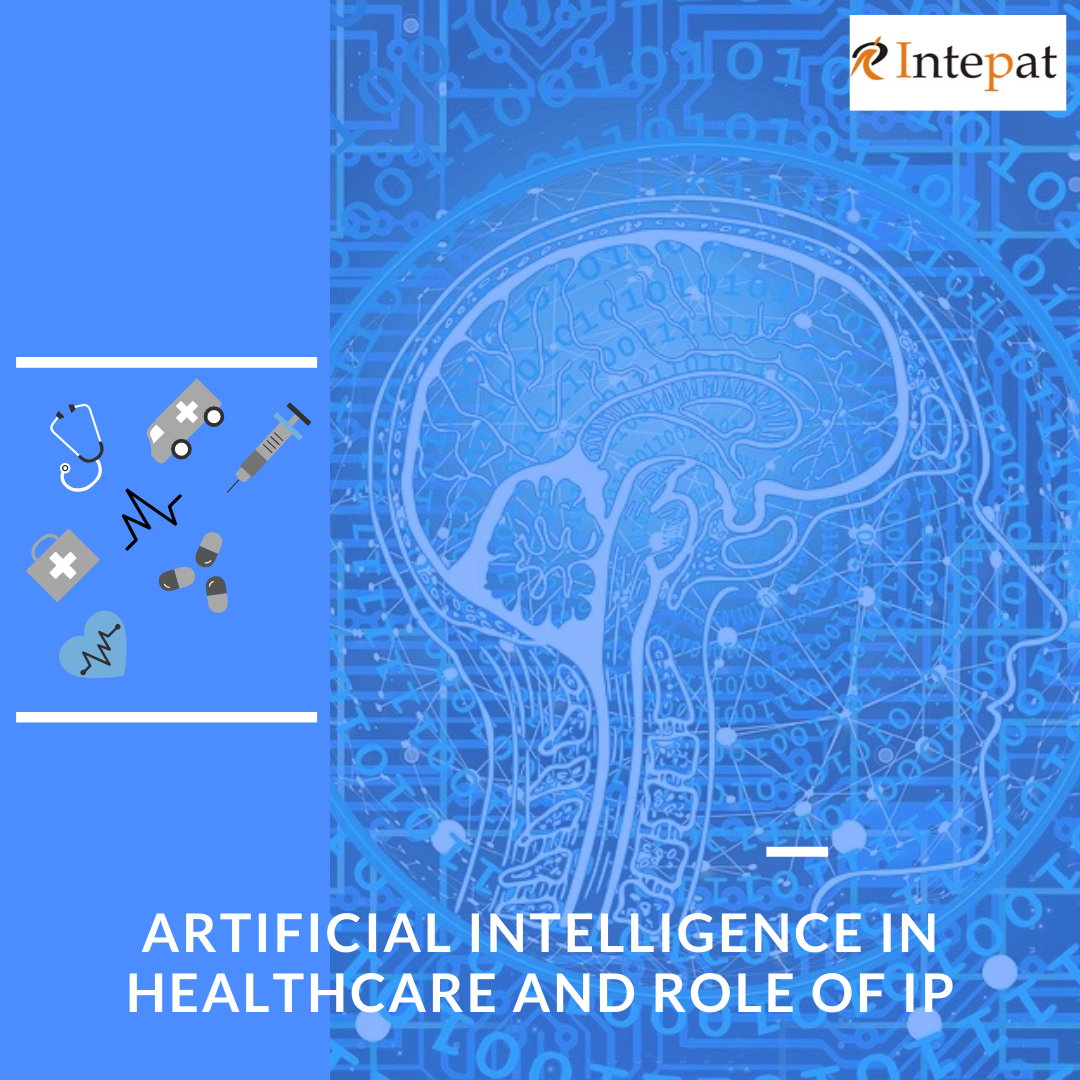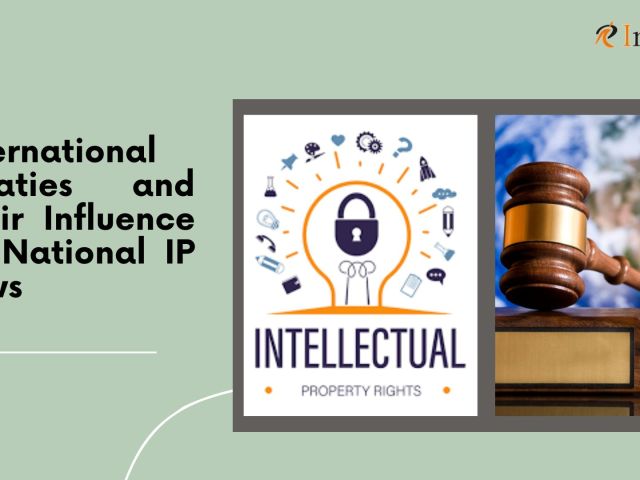When we listen to the term ‘Artificial Intelligence,’ an image of robots and engineering design labs plays in our mind. With the rapid development of science and technology, artificial intelligence has gone way beyond our imagination and imprinted itself on various sectors in different forms. Artificial intelligence is the science of developing machines and systems that can perform tasks that generally requires human intelligence. It is used in various sectors to aid humans in performing difficult tasks effortlessly, keeping track of a large amount of data and client services, and simulating models and predictions that would have taken years when done on board.
The meteoric rise in the field of medicine has brought the idea of artificial intelligence into it for various complex tasks. Artificial intelligence now has answers for all, be it gaining access to potentially life-saving data by doctors to radiology or predicting a patient’s response to a drug during a trial. The need for AI in healthcare has accelerated its growth to a great extent. No wonder it is predicted to have a market of US$6.6 billion by 2021 in the healthcare sector.
AI applications in healthcare
The use of artificial intelligence makes a promising arena in the future of several healthcare industries. Let us look into some of the most innovative applications of AI in healthcare.
Precision medicine
AI is widely used to predict what protocol is likely to work for a particular patient based on the existing data available and thereby decide on the course of treatment for a particular patient. Neural network studies help in determining if a patient will acquire a particular disease. It compares and interprets a complex set of variables and features to predict the outcome in no time.
Radiology
The automated image analysis can identify areas of concern in a scan and also read and interpret the results avoiding any chance of human error. They can also come in handy when no trained personnel are available to interpret the scan. The implementation of deep learning in radiomics can identify cancerous lesions in radiology images that escape the human eye. AI comes in handy for accurate oncology-oriented image analysis.
Natural Language Processing
Understanding how to recognize human language has been the interest of researchers of AI for a long time. Natural language processing is generally used for translation, speech recognition, and text analysis. These systems can transcribe patient interactions and generate automated personalized communications. In healthcare, we use natural language processing systems to create, understand and classify clinical records and research works.
Drug discovery
There are millions of data available on medicines in various databases all around the clinical world. These data greatly help understand the interaction of various drugs and their mechanism of action and gather any potential information that could lead to new drug discoveries. It will take years to manually analyze and choose the right method from this ocean of data.
Thanks to artificial intelligence for breaking down the years put in drug discovery to months. We can leverage AI to design or re-design new drugs from the existing information available. AI plays a crucial role in accelerating the process of drug discovery, predicting the most feasible clinical trials, and making the drugs readily available on a global scale.
Robots
We use robots to perform automated pre-programmed tasks to ease our work. With the advancements in artificial intelligence, doctors now use robots to assist them in surgeries. Surgical robots are said to showcase exceptional skills in improving the visual field, closing injuries, and creating precise incisions during surgery.
Predict patient risk
AI not only keeps track of clinical records but also helps doctors predict high-risk patients based on the available clinical record. This reduces the chance of human error in diagnosis. AI can derive the list of patients with the risk of re-admission merely through the electronic record available. The trending work involves assessing the risk of cardiovascular diseases in a patient merely with an image of a patient’s retina.
These are a few areas in healthcare where AI has come to play. The use of AI in healthcare will be inevitable to offer quick, economical, and correct treatment in the near future.
Intellectual Property (IP)
With AI pushing the boundaries of the healthcare arena, there is also a rising need to protect years of research and technologies developed. Intellectual Property law offers protection to inventions, creative work, and ideas which generally form a large pool of intangible markets. It is wise to patent innovations and inventions in the healthcare sector to ensure they reach the right people and will be put to proper use to save lives.
Currently, AI is not a self-determinant entity according to intellectual property law. As changing the basics of IP law is time-consuming, authorities have come up with ways to protect the inventions through the existing opportunities available within the law.
Let us look into some of the ways to protect your healthcare AI applications through intellectual property rights.
Database rights
The Healthcare sector generates plenty of data through clinical records, patient information, drug trials, etc. Healthcare industries invest so much money in creating and classifying these data. This brings in the pressing need to protect them. Obtaining database rights is a clever measure to protect your clinical data.
Design patent
Healthcare industries and professionals can protect their devices, products, and equipment designed using AI through a design patent. Design patents control a product’s visual, aesthetic, and kinetic aspects. This will protect the rights of the creator right, from the basic color scheme of an AI-based user interface, and information layout, to the look and operations of the touch notifications of a wearable activity monitor.
Apps and software
Artificial intelligence innovations such as apps, software, and algorithms must obtain appropriate protection as they have broad-scale usage. Usually, copyright serves as the simplest form of protection for algorithms. However, apps that solve technical challenges will have the most chance of being patented.
Healthcare and artificial intelligence are achieving double helix growth, making it impossible to separate them in the future. Changes are being proposed and advocated in intellectual property law considering the involvement of artificial intelligence. IP experts strongly recommend filing in and registering the most appropriate and strongest form of protection for innovations and inventions in the healthcare arena.




